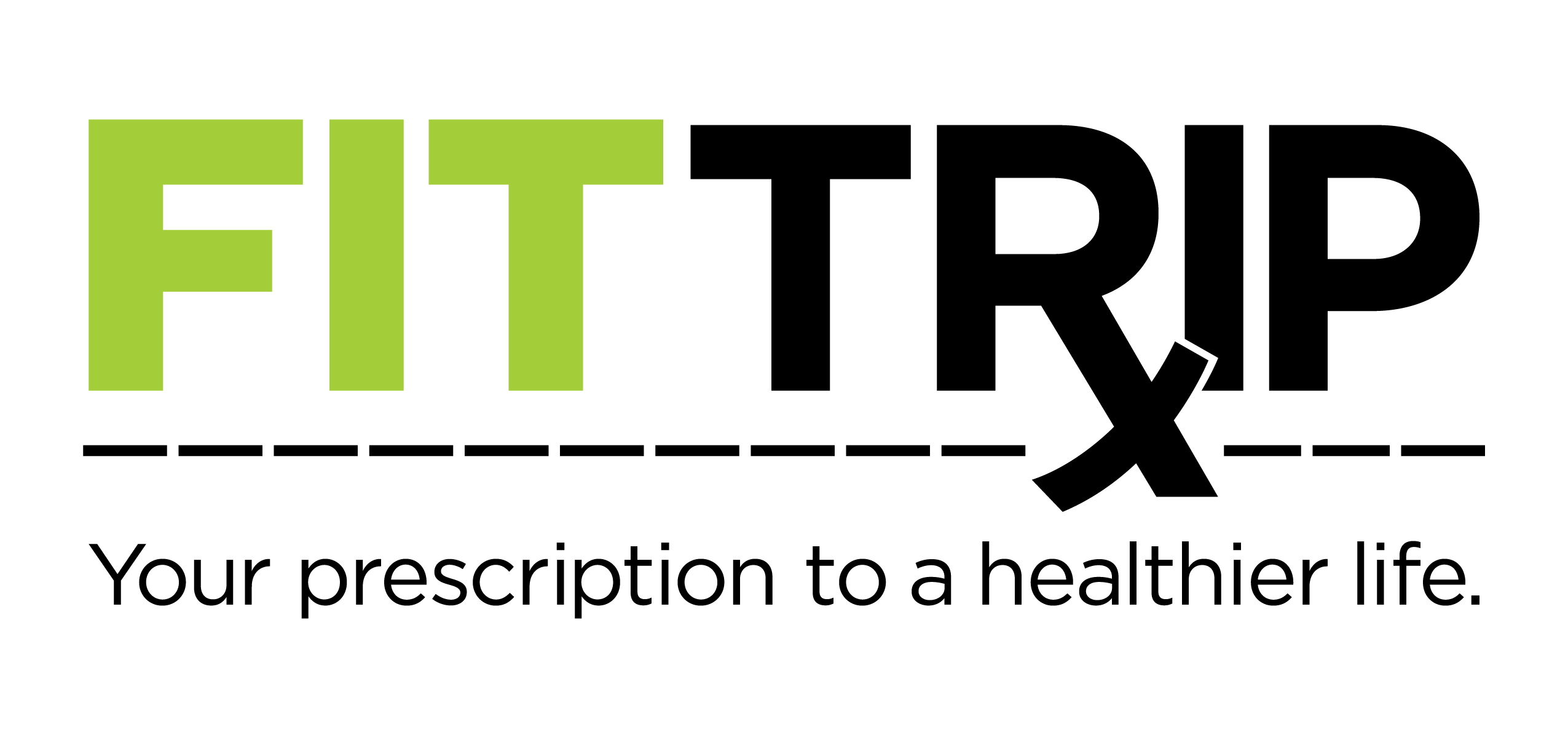Optimizing Recovery
Recovery plays an essential role in the human body’s ability to remain in homeostasis. One of the keyways to ensure your body is rejuvenated and ready to go, is to ensure you receive 7 to 8 hours of sleep daily. Optimizing your sleep allows your muscles and organs to function and rejuvenate the necessary cells within our bodies, to ensure our bodies stay at homeostasis.
Our bodies are constantly going through various stress factors daily, and when the body is over worked then the individual will experience fatigue, mood swings, lack of motivation, brain fog, etc. when these symptoms occur, this is our body basically setting off an alarm signally it needs a reset. Think of our bodies like a running car, once the gas is gone the car will cease to move or operate. However, when the gas take is full, the car can run for hours. Recovery is our bodies way to reset from running for an extended period. Ensuring that our bodies receive optimal sleep and nutrition will help our bodies continue to work without experiencing a burn out.
When strength training, it is also imperative that our bodies receive a recovery period to allow our muscles to build and get stronger, as well as to avoid overtraining. In fact, there are three different types of recovery when strength training. The first is immediate recovery, which typically happens while the body is moving (ex. The recovery happens as the muscles are contracting and releasing during an exercise). The second would be short term recovery, which happens after you have completed a set (ex. The recovery takes place after you do 1 set of triceps press). The last is training recovery, this is usually done after a gym session or between training sessions. During these resting/recovery periods you want to ensure your heart rate is not over a certain level, you want to give your body adequate rest between lifting during a set as well as between training sessions, staying hydrated, and getting adequate sleep will help ensure your body is functioning at an optimal level.
Some tips to help optimizing recovery include:
- Staying hydrated
- Receiving adequate sleep/rest
- Eating enough food throughout the day
- Active recovery
- Getting a massage
- Stretching/foam rolling
- Meditating
- Cryotherapy
- Reducing screen time
Reference:
